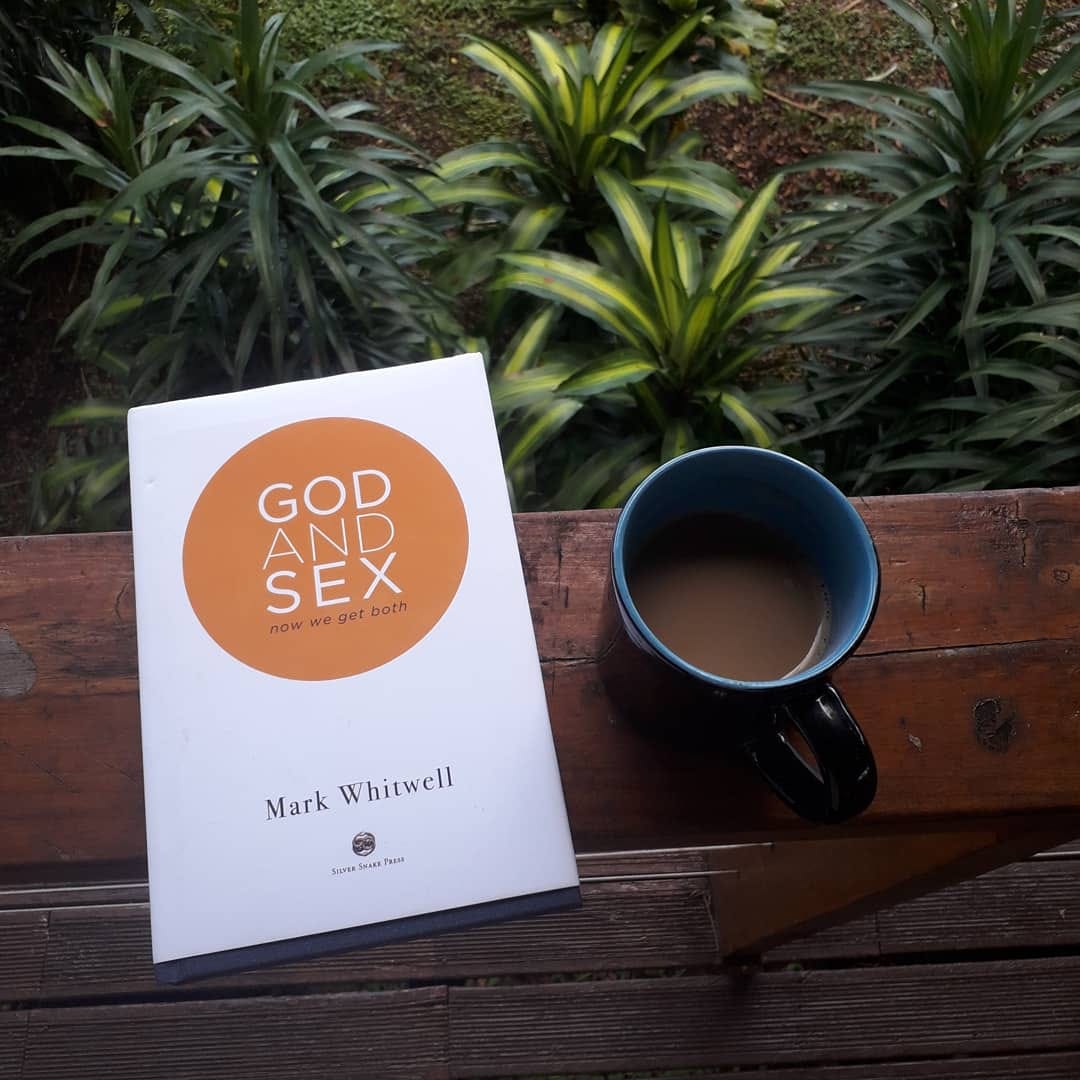The Two are One | Mark Whitwell on God and Sex
I recently put out a book called God and Sex: Now We Get Both. The motivation behind the book is simple: to heal the dualistic divide that sees matter and spirit as separate and to resolve for humanity the complications and trauma that have stemmed from this imagined split. I am happy with the response to the book so far. It is good to see it travel around the world and resonate with people of many cultures and religious traditions.
I wanted to write this book because there is a deep-seated assumption in our world that you can have God in your life, or you can have sex, but you can’t have both. Consciously or not, if you aim to be a spiritual person, if you seek closeness to God, you probably think of sex as something that only puts more distance between you and the divine.
Our guilt and shame surrounding sex are so deeply ingrained that we may not even acknowledge them. After all, western culture has been through a series of “sexual revolutions” in the last century. By now, some may feel there’s nothing more to discuss! But in my work I have met both religious people who have felt truly unable to reconcile their physicality with their devout practice and belief, and non-religious people who suffer from the lack of a sacred dimension in their relationships and physical being. However comfortable we may be, or think we ought to be, with our sexual practice, we cannot ignore the devastating effects of the reactionary sex denial of societies and denominations close to home and around the world, which manifest daily in violence against humans and the earth.
The fact is, whether or not we adhere to a particular religion, we have all known the wish to be released from the physical body’s demands, and the fear that our desires and relationships are thwarting our quest for spiritual transcendence. We are all affected by the doctrine that we must renounce our desires and deny the natural state to attain the holy — that we must step back from life in order to realize the divine. It is a teaching of the ancient Vedic philosophy from which world religions grew. This dualistic philosophy divides existence into matter and spirit, an claims that by diminishing our life on earth — the “seen” — the unseen “Source” can be known. Now, after thousands of years of dualism’s influence, we are socially programmed to imagine “seen” and “Source” as separate.
Over the centuries, the idea that we can attain holiness by transcending or giving up sex has caused untold damage. The shadow side of righteous celibacy has manifested in the oppression of women, antagonism toward nature, and the proliferation of sexual exploitation and abuse. The denial of life and love, and the absence of mutuality in human society, harms men and women alike, blocking our realization of relationship — with others and with God.
In this book I offer you the understanding that Seen and Source are one, and that the union of intimates serves that oneness. Please recognize that this is not an “approach,” a piece of spiritual spin that you have to keep realizing again and again. It is simply a matter of seeing that it is true. You only need realize it once, and it will permanently change the way you live. I invite you to feel you are loved and nurtured by Life, how you can love and nurture others — and how you can serve Life and God, which are one!
Our spiritual evolution requires that we get with nature’s program and resolve the intrinsic need for intimacy and connection.
This we get from the great tradition of tantra: the understanding that by being intimate with all aspects of your life — including your body and breath and sex — nurturing source (God) is felt as the real and only reality. There is no method or process or exaggerated effort required. It is simply to participate in the natural giving and and receiving of life’s nurturing flow. And the source is full and sufficient and does not need to be realized. God has realized you and that is the end of the story.
May this book continue to travel around the world a cleansing device that removes the dualistic thought-structures that have gone deeply into us like a virus. I ask that you read it and if it speaks to you then please join us in our worldwide gatherings where we receive and share with one another in the one reality in which everything is happening.


Comments
Post a Comment